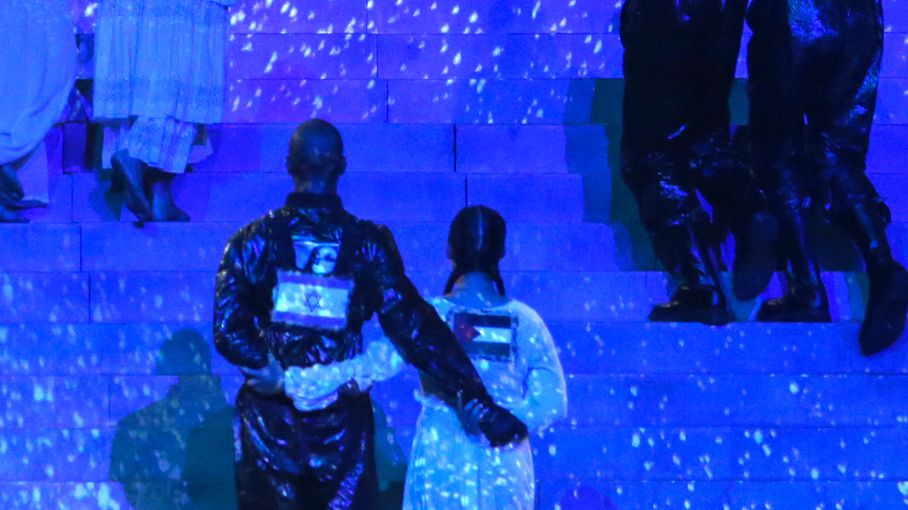While a truce in the war between Israel and Hamas is still recommended, the potential role of AI in conflict resolution is attracting attention.
The UN and AI in the face of the Israeli-Palestinian conflict
Before the October 7 attack, the UN began exploring the use of artificial intelligence to decipher the complexities of the Israeli-Palestinian conflict. A partnership with CulturePulse, a company specializing in AI, has given rise to a unique model based on millions of documents, aimed at better understanding the situation in the Middle East.
Simulations to anticipate developments in the conflict
CulturePulse, with its AI model, creates a virtual laboratory taking into account many characteristics of the region, thus allowing simulations and predictions on possible developments. Although AI cannot predict specific actions, it offers an innovative approach to addressing the fundamental issues of conflict, according to the co-founders of CulturePulse.
Artificial intelligence in global diplomacy
The use of AI in global diplomacy is an area of exploration. Henri Verdier, Ambassador for Digital in France, emphasizes that the UN has long used AI to anticipate global crises. However, he cautions against the perception that AI could resolve conflicts, emphasizing that diplomacy is a complex area of power relations and nuances.
The challenges and limits of AI in diplomacy
Although AI could make predictive analytics more accessible for diplomats, experts warn that it should not be used exclusively. The risks of bias and automated errors raise questions about AI’s ability to replace human judgment in delicate diplomatic situations. However, mastering AI is emerging as a new challenge for diplomacy, opening perspectives for more informed decisions in the future.
This article is originally published on .linfo.re









